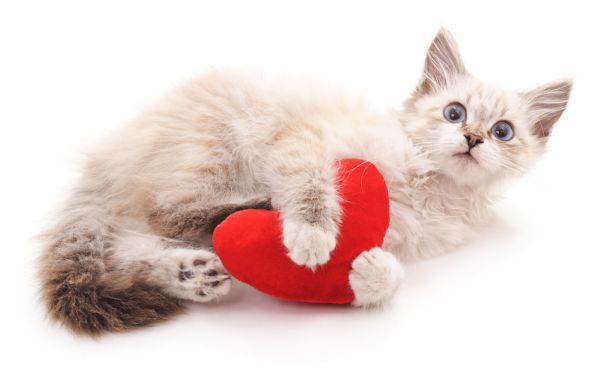|
For some pets, measuring their blood pressure is essential for a more thorough veterinary examination. An elevation in blood pressure (or hypertension) can indicate an underlying disease and if left undetected, can cause damage to organs and in some cases, be life threatening.
Blood pressure is the force created by the blood flowing through the body's blood vessels. An increase in resistance in these vessels can cause an increase in blood pressure. This increased resistance is generally caused by an underlying disease.
Cats often develop high blood pressure secondary to diseases such as hyperthyroidism or kidney disease while dogs may suffer from high blood pressure secondary to endocrine diseases such as Cushing's disease.
Your pet's blood pressure will usually be measured using a fancy piece of equipment (such as a doppler). It is essential that the correct size cuff is used on your pet's leg or tail for accurate results. Multiple measurements will also need to be taken to achieve an average reading.
As stress can affect the readings, measuring blood pressure in a veterinary consult can sometimes be difficult! An elevation of blood pressure due to stress is often referred to as 'white coat syndrome' and it is therefore important that we take things slowly during the measurement process.
If your pet is diagnosed with high blood pressure it is essential that the underlying disease is treated. Repeat blood pressure measurements may be required every 1-3 months depending on the response to treatment.
In some cases, it may be necessary to give your pet medication to help lower their blood pressure and reduce any potential side effects associated with the hypertension.
You should always ask us if you are worried or have any concerns about your pet, we are always here to help and will be able to give you the most up to date information.
|
